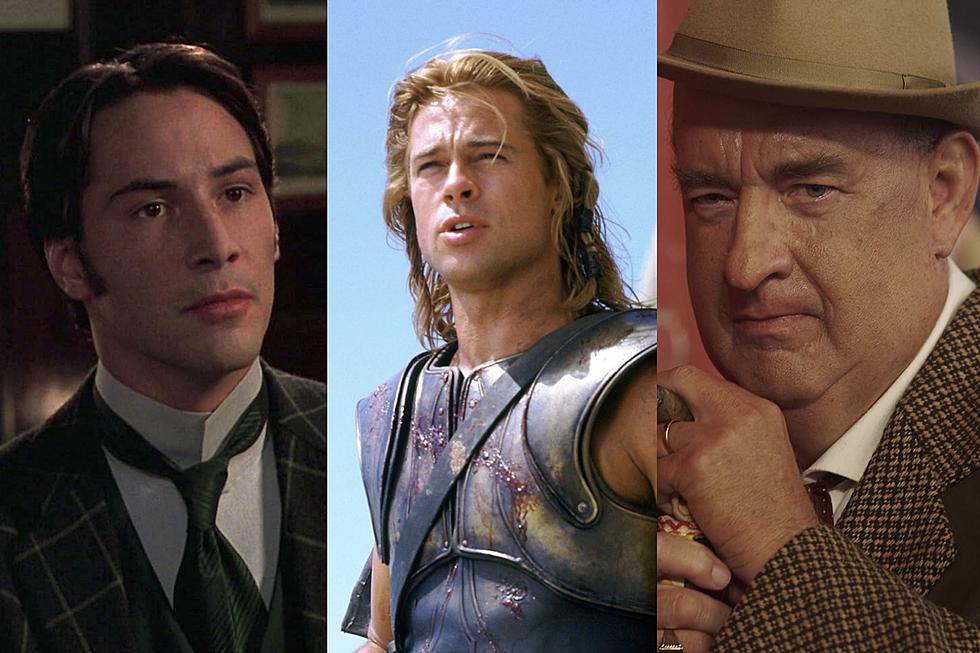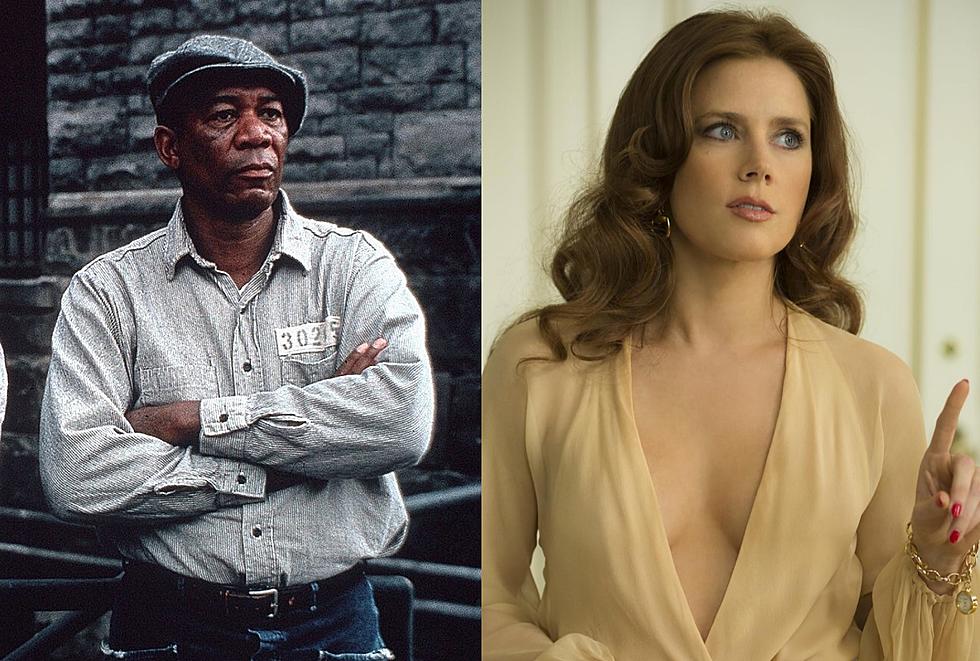
‘The Post’ Review: A Timely Thriller From Steven Spielberg
When the closing credits roll on The Post, Meryl Streep’s name is the first one listed, ahead of Tom Hanks. That’s as it should be; Streep is just as big a star as Hanks (if not bigger) and her character is the most important person in this story about the Washington Post’s publication of the classified Pentagon Papers. But coming as it does after a movie that is also about how women are marginalized in the business world, sometimes by men who aren’t even conscious of their sexism, it’s particularly striking. How often are actresses credited before their male counterparts in Hollywood, even when the women’s roles are just as important as their men’s? Not too often.
Even though it was conceptualized years ago, The Post couldn’t be more timely. It’s about journalists under assault from a hostile White House, and about women belittled and shouted down (sometimes literally) in a hostile workplace — even within the confines of the supposedly progressive Washington Post. Its relevance to 2017, though, wouldn’t mean much without Steven Spielberg’s typically assured direction, Liz Hannah and Josh Singer’s suspenseful screenplay, and outstanding performances from Streep, Hanks, and the rest of an impressive ensemble.
When it was pitched to Hollywood studios, it was probably described as a prequel to All the President’s Men. About a year before the Watergate break-in, the leadership of the Post — publisher Katharine Graham (Streep) and executive editor Ben Bradlee (Hanks) — is faced with a world-changing decision: Whether to pursue, and then to publish, the Pentagon Papers. This top-secret 7,000-word report by the Department of the Defense detailed decades of American involvement in (and government deceit about) Vietnam. The New York Times got their hands on the Papers first, but when the Nixon White House filed an injunction against the Times against further publication, that opened a small window for the Post to make their own mark on history.
The Papers came along at a fateful moment in the Post’s history. Graham was in the process of taking the company public; a clause in her contract with investors enabled them to pull support if the Post suffered a catastrophe during the first week of its initial public offering. Being sued by the United States Government definitely might qualify. And so Graham must weigh the paper’s mandate to hold those in power to account with its responsibility to stockholders, and to its own employees, who could lose their jobs if the IPO goes badly or Nixon and his cronies litigate the Post into oblivion.
She also has to contend with advisors like Bradley Whitford’s Arthur Parsons, who sits on the Post’s board and thinks that Graham isn’t up to the challenge of leading the company. He interrupts her at board meetings, ignores her advice until a male colleague restates it, and second guesses all of her choices. Graham’s battles with Parsons to be seen as a qualified leader is the conduit to The Post’s pointed commentary on gender. If Spielberg’s version of these events is even mostly true, then Graham’s role in standing up for freedom of the press, and helping the Post publish two of the most important news stories of the 20th century, has gone unappreciated for far too long. (Graham doesn’t even appear as an onscreen character in All the President’s Men.)
The Post will draw comparisons to Spotlight for its tale of crusading journalists rooting out systemic corruption. (Josh Singer co-wrote both films.) But Spielberg’s visual approach is very different than Tom McCarthy’s. McCarthy’s aesthetic for Spotlight was so subdued that there was an outcry when he was nominated for a Best Director Oscar, prompting me to write a defense of his subtle but brilliant use of juxtaposition and framing. Spielberg’s style is much more bombastic, with dramatic angles and a camera that is in perpetual motion, snaking through the Post newsroom and Graham’s expansive D.C. home. Some of his audio transitions are incredible; an early scene dissolves from the sound of machine gun fire in a Vietnam jungle to a helicopter on an Army base to a man pounding away on the keys of a typewriter. He makes what could be a very static film about people talking into something fluid and thrilling.
After Lincoln and Bridge of Spies (also starring Hanks), The Post marks the conclusion of an informal trilogy — I call it the Civics Trilogy — that uses lessons of history to outline Spielberg’s vision of modern American values. Earlier in his career, he made movies about outsized heroes, who fended off killer dinosaurs and socked Nazis in the jaw. As he’s aged, Spielberg has grown increasingly interested with uplifting stories of everyday heroism about nonconformists of no particularly special abilities other than their willingness to walk a difficult path because it is the right thing to do. Critics call his messages simplistic and his tone schmaltzy. All I can tell you is The Post is the first movie that ever made me cry about an abstract concept. And when it was over, I found myself particularly happy to see Meryl Streep’s name first in the closing credits.
Gallery - The Greatest Movie Taglines in History:
More From ScreenCrush









